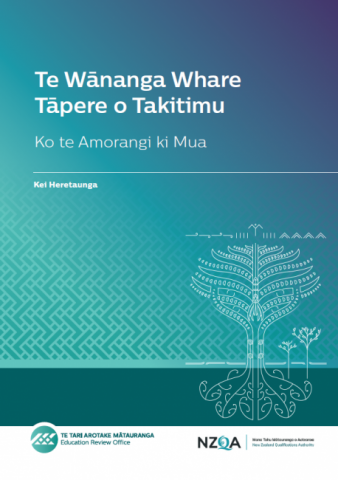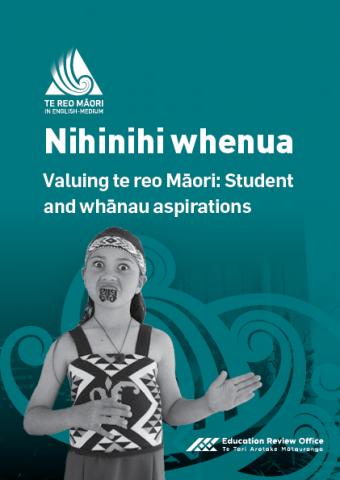Learning-centred relationships: reading together
Published: 04 Sep 2017
This school has implemented the Reading Together programme for many years. Leadership sees the value of the programme in building strong learning relationships with family and whanau and supporting emerging literacy.
- Audience:
- Education
- Parents
- Schools
- Content type:
- Research
- Topics:
- Improvement
- Reading
- Evaluation indicators
- Video
- Improvement in Action Te Ahu Whakamua




